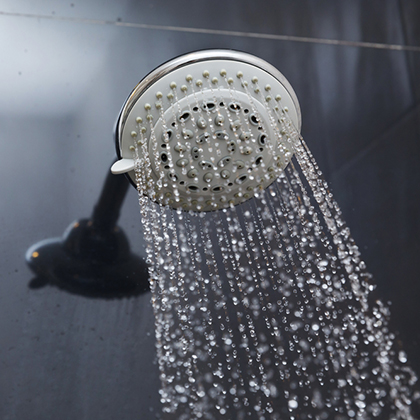How To Take Care Of Your Vibrator

Image Source: Shutterstock
There are waterproof varieties
If you like to use your toy in the shower, good news! There are waterproof vibrators. But you still need to make sure the battery cover or cap that protects the power element is intact. If this is gone, the toy is not longer safe to use in water.









